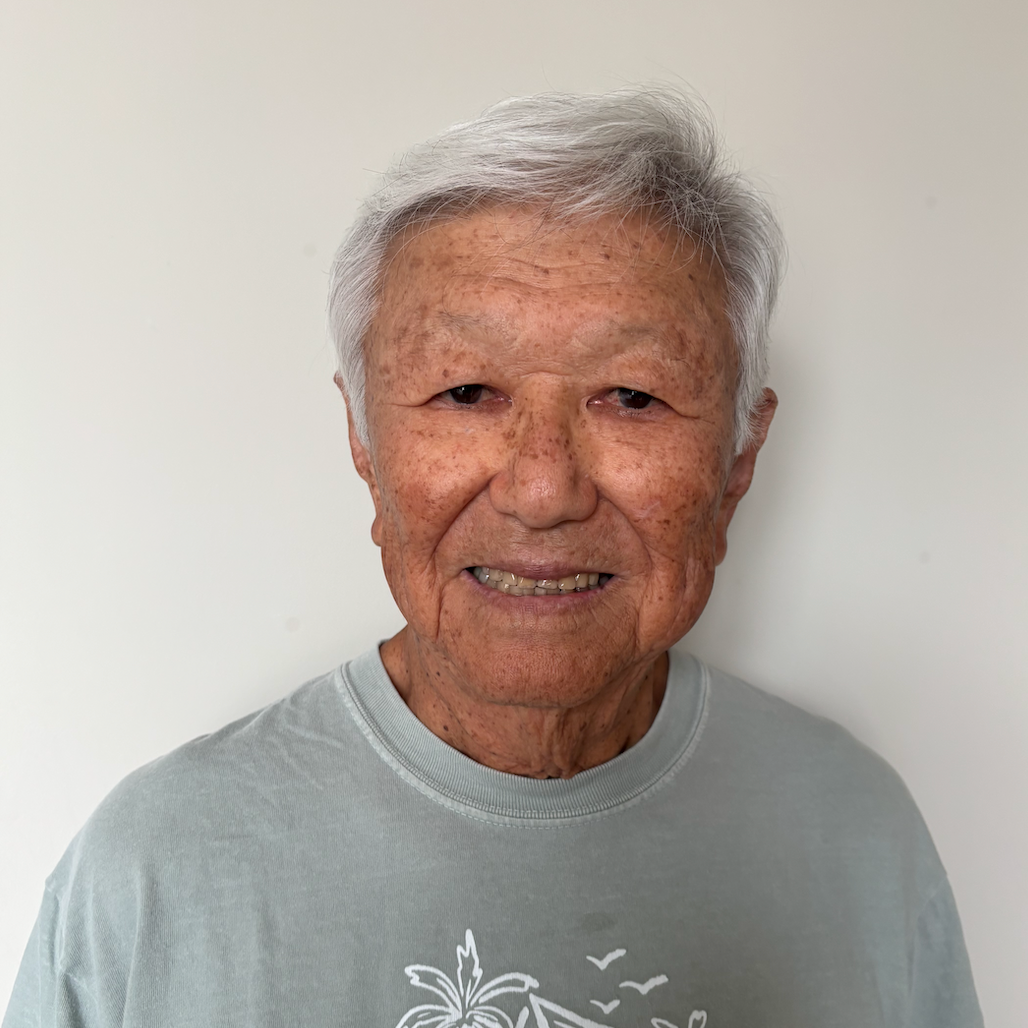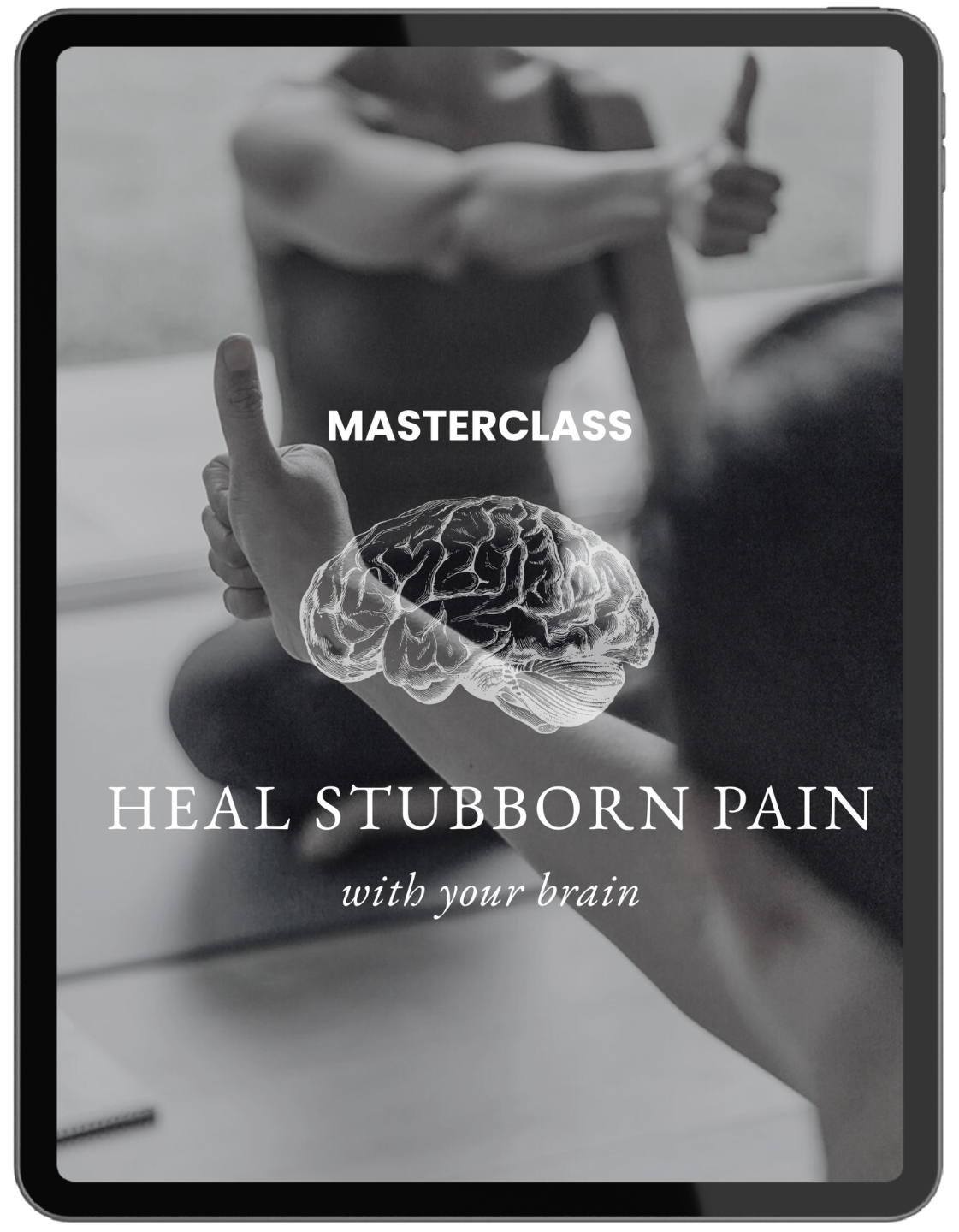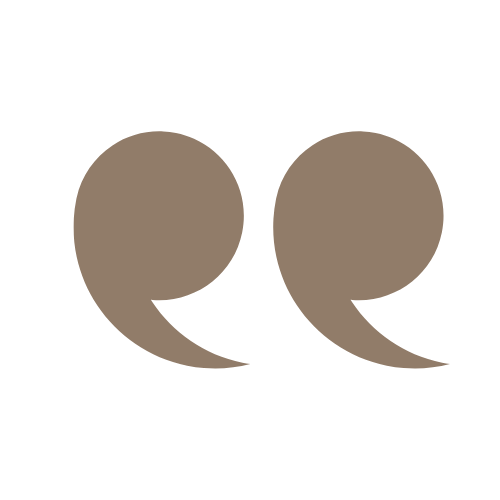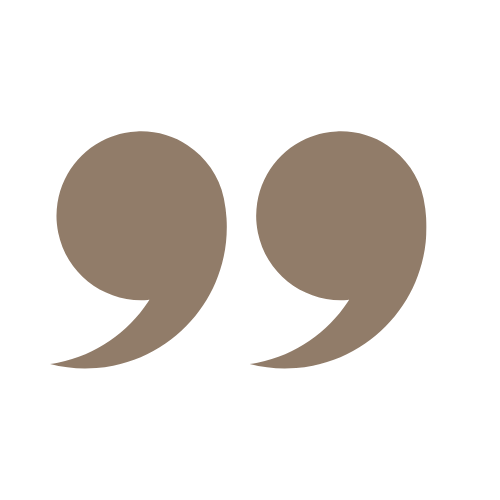
HEY THERE! I'M ALYSSA
I help you find
by getting to the root of your symptoms through neuroscience.
EXPLORE MY METHODFeatured In
WHERE HEALING REALLY BEGINS
If you’re tired of chasing symptoms and quick fixes, and are ready for lasting relief, maybe neuroscience is the missing piece.


COACH, DOG MAMA, FRIEND
Meet Alyssa
For the last 15+ years, I've been working with clients navigating anxiety, pain, fatigue, brain fog, and inflammation—guiding them back to a body that feels safe, capable, and regulated.
I believe you are the expert of your body.
My role is to help you learn to listen to it, trust it, and understand the neuroscience behind what it’s trying to tell you. Through 1:1 coaching, group programs, and courses, I use a brain-based approach to create space for real healing, without shame, hustle, or perfectionism.
My mission is to help you feel more at ease by using tools that work with your nervous system, not against it.
GET TO KNOW MEIs this you?
✔ You’ve done “all the right things” and yet something still feels off
✔ Your body feels like it’s constantly on edge, or sending mixed signals
✔ You’re overwhelmed by symptoms that no one seems to explain
✔ You’re ready for an approach that actually listens to your body, not fights it
✔ You’re seeking a science- backed approach that bridges the mind and body
A BRAIN-BASED APPROACH TO LASTING RELIEF
The Regulation Method™
Simple. Science-backed. Tested for over 15 years.
The Regulation Method™ is a neuroscience-informed coaching method built to work with your brain, not against it — and offered through individual sessions and guided support.

HOW I CAN HELP
Let's Work Together
My role is to help you learn to listen to your nervous system, trust it, and understand the neuroscience behind what it’s communicating.
I offer neuroscience-informed coaching through The Regulation Method™, supporting individuals through 1:1 coaching, group programs, and courses to create space for real healing — at a pace that honors safety, capacity, and trust.
My mission is to help you feel more at ease by using tools that work with your nervous system, not against it.
START HEREWHAT PEOPLE ARE SAYING
Testimonials

"Alyssa is nothing short of a miracle worker.
I came to her feeling broken and fatigued. Her compassionate, neuroscience-based approach and personalized plan helped me heal both mind and body. I’ve regained strength, energy, and mobility I never thought I’d feel again.”
DEVIN
"Alyssa helped me move through anxiety and functional freeze with compassion and tools that really work!
Her support changed my habits, deepened my mind-body connection, and brought healing I hadn’t felt in years. Even after coaching ended, she continued to care—she’s a rare, beautiful soul.
MOANA

"At 86 years old, I've regained confidence, clarity and mobility.
I drive at night again, walk without fear, and golf without using my clubs for support. I wake up clear-minded and energized. Alyssa’s work helped me feel vibrant and hopeful—something I hadn’t experienced in years.
KEN
START HERE
Join my FREE Masterclass
A 45-minute deep dive into why traditional treatments for pain and anxiety often miss the mark—and how neuroscience can help you retrain your nervous system for lasting relief.
This masterclass delivers immediate insight and practical tools you can start using right away to support your healing.
ACCESS NOW






















